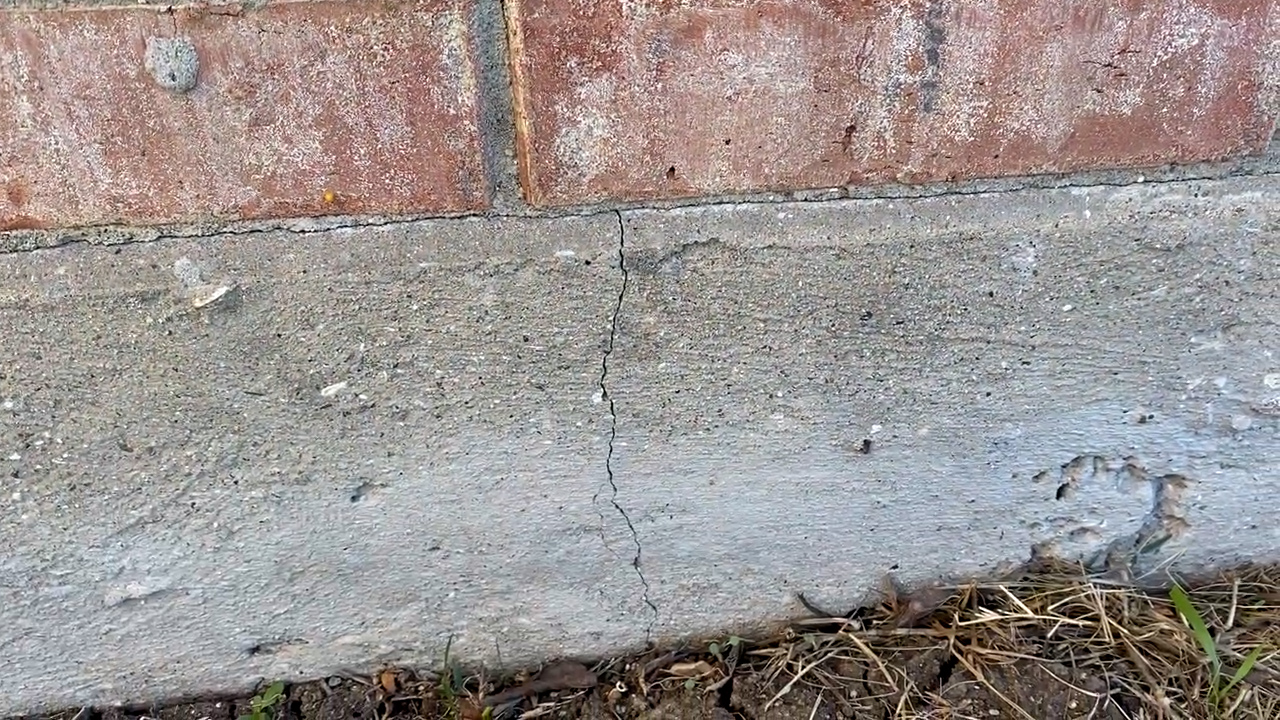Your home is one of the biggest investments you’ll ever make, and keeping it safe and sound is a top priority. The foundation plays a key role in maintaining the structural integrity of your house. It’s important to watch for signs that might indicate foundation problems before they become major issues.
Cracks in the walls, gaps around doors, or even a sloping floor can all be indicators of a shifting or settling foundation. These early warning signs may seem minor but can lead to significant damage if not addressed. Understanding these signs can help you take action sooner, saving you time and money in the long run.
Recognizing Visible Signs of Foundation Issues
Spotting foundation problems early can save homeowners from a lot of headaches. Visible signs are the easiest way to determine if your foundation may need attention. One of the most common indicators includes cracks in walls and floors. These cracks can appear as hairline splits across interior or exterior walls, and they may grow wider over time if left unchecked.
Gaps around windows and doors are another major sign of trouble. If you notice that windows are sticking or doors don’t close properly, this could be due to the foundation shifting. As the structure moves, it causes frames to misalign, leading to visible gaps.
Uneven or sloping floors inside the home can also indicate potential foundation issues. If a ball placed on the floor slowly rolls to a corner, it might be time to take a closer look. Sloping floors can occur because the foundation isn’t level anymore, which can lead to further structure problems.
Taking note of these visible signs can help you decide if a professional inspection is necessary. Acting quickly when you see these issues can prevent bigger, costlier repairs in the future.
Understanding Underlying Causes of Foundation Problems
Identifying the signs of foundation trouble is important, but understanding what causes these issues is equally crucial. A major cause is soil movement. When soil swells after a heavy rain and then shrinks in dry conditions, this expansion and contraction can put pressure on your foundation, causing it to shift.
Poor drainage around your home is another culprit. When water doesn’t drain properly, it can pool around the foundation. Over time, this can cause the soil to become waterlogged, leading to erosion or even foundation settlement. Furthermore, plumbing leaks can exacerbate soil conditions by introducing excess water into the area.
Climate and weather conditions also play a role in foundation wear. Regions with frequent temperature changes or heavy seasonal rains pose a higher risk for foundation problems. In such conditions, the constant weather stress adds to the movement of soil and water exposure.
By understanding these underlying causes, you can take preventive measures. Ensuring proper drainage, regularly checking for leaks, and being mindful of the effects of local climate can help maintain the health of your foundation. Addressing these factors early on protects your home’s integrity and prevents costly repairs down the road.
Conducting a Thorough Inspection of Your Property
Regular inspection of your property’s foundation is a proactive step in maintaining its strength and stability. Start by walking around your home and observing the foundation wall. Look for any visible cracks or signs of movement. Use a flashlight to check hidden corners for cracks that may not be immediately apparent.
Inside the house, check for cracks around windows and doors. Sticking doorways and misaligned windows are indicators of foundation shifts. You’ll also want to pay attention to basement walls and floors for any signs of seepage or bulging. A level tool can help you check for uneven floors, which can suggest foundation settlement.
Some tools you might need include a flashlight, a level, and a tape measure to monitor the width of any cracks. For a more detailed analysis, professionals like structural engineers or foundation repair specialists can provide expert evaluations using advanced tools.
Conducting inspections twice a year is recommended, ideally in different seasons to account for changes in weather conditions. This helps in catching potential issues early, preventing small problems from becoming expensive repairs. Regular inspections are an important part of home maintenance that can ensure your investment remains secure for many years.
Considering Repair and Stabilization Options
When foundation issues are identified, considering your repair and stabilization options is crucial. Various methods can address different types of foundation problems. Underpinning is one traditional method that involves strengthening the foundation by extending it to more stable soil. This is often used when the soil beneath has shifted or eroded.
Another method is slabjacking. In this process, a durable material is injected through holes drilled in the foundation, lifting it back to its original position. This approach is especially useful when dealing with slabs that have sunk due to soil compaction.
These methods correct the immediate problem, but not the root cause, that’s where stabilization comes in, which is a permanent solution.
Innovative solutions like those employed by ProChemical Soil Stabilization offer advanced methods for stabilizing foundations. These techniques are particularly effective where traditional methods may fail due to ongoing soil issues.
Choosing the right approach at the right time can make all the difference in ensuring the longevity of your foundation. Quick and informed actions can safeguard your home against future damage and save costs associated with extensive repairs.
Conclusion
Taking care of your home’s foundation should be a top priority for homeowners and builders alike. Recognizing visible signs such as cracks and gaps gives you an early indication of potential problems. Understanding the reasons behind foundation issues helps in taking preventive actions that minimize risks. Regular inspections ensure that any problems are identified quickly, allowing for timely repair or stabilization.
Contact ProChemical Soil Stabilization to learn how our expert services can help secure foundations in Texas. Our proprietary stabilization methods are designed to provide a robust and economical solution tailored to your needs. Secure your investment today by reaching out to our team for a consultation!

